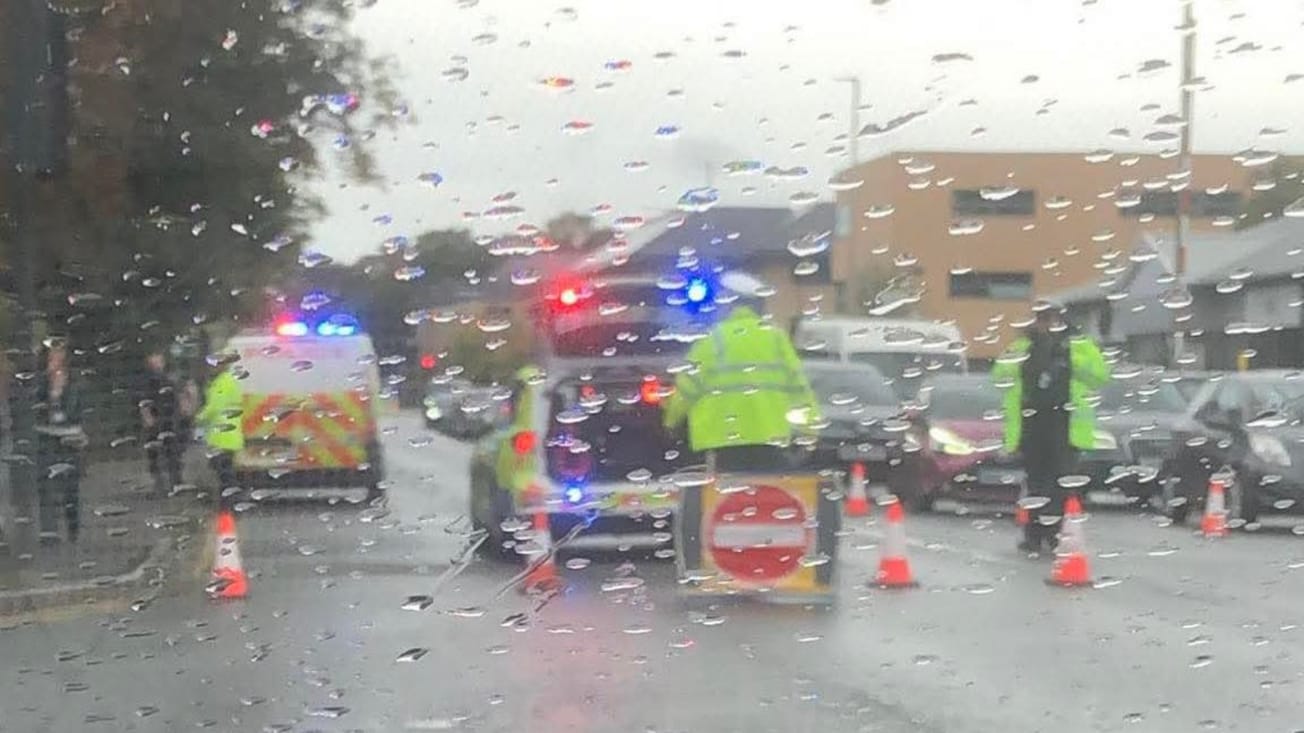We’ve partnered with Altrincham law firm Hill & Company to bring you a regular Q&A feature with one of their trusted legal advisors.
You can find the other Q&As in the series here.
This week we’re doing things a little differently, asking Dan Knox, Family Law Solicitor, as many questions about divorce as possible in five minutes.
ALTRINCHAM TODAY: So Dan, when a relationship breaks down, if a property is owned in joint names can one party simply change the locks?
DAN KNOX: You cannot exclude your ex-partner from a jointly owned home without an order from the court. When a property is jointly owned, both parties are entitled to live in the property. If one party does change the locks, the other party is entitled to re-enter the property as long they make good the damage and do not cause a breach of the peace.
In practice this means that the excluded party can engage the services of a locksmith to re-enter the property themselves but they must then repair any damage and make sure both parties have a key if the locks are changed. The caveat to this is of course that the party in occupation has their right to privacy respected at all times.
We are often instructed by clients who have violent or abusive partners, who they need to exclude from a jointly owned property. When this is the case, applications can be made to court for either a Non-Molestation Order and or an Occupation Order. If our clients are able to show that they are at risk of violence and/or threats of violence or being intimidated, harassed or pestered and that they are entitled to enjoy peaceful occupation of the home, we often obtain court orders on their behalf.
AT: Does a new mum who is not married to the father of her child need to put the father’s name on the birth certificate?
DK: There is no requirement for mum to put dad’s name on the birth certificate, this has important implications relating to parental responsibility (PR) for a child. PR is the term used to describe the rights and responsibilities of a person in relation to their children.
PR is always automatically gained by the mother of a child; and unlike dads who are married to the mother at the time of the birth of the child who automatically acquire PR, without an unmarried dad being named on a child’s birth certificate, they will not acquire parental responsibility for their child.
Here at Hill and Company we often support new dads to obtain PR by way of a court order or a PR agreement.
AT: Just because I have a criminal record, will this affect the amount of time I spend with my kids if I split up with my partner?
DK: If there is an application to court, certain safeguarding checks will be carried out so the court will be made aware of any criminal records or involvement with the police that the parties have. However, that information is more often than not only a small piece of evidence that is before the court. The relevance of any convictions often depend on the nature of the convictions themselves and how long ago they were committed. Importantly if the convictions have no relevance to the issues the court are trying to decide upon they are likely to have no significant bearing on the court’s decision-making process.

The overriding principal for the Family Court when considering issues relating to children is that a child’s welfare shall be the court’s paramount consideration. The existence of any convictions would be weighed up against all of the issues at hand. The court would then apply all the facts to what is called the welfare checklist. We often advise clients with criminal convictions, and their existence will not automatically impact the time a parent spends with their child upon relationship breakdown.
AT: I want a divorce – what do I need to do?
DK: Make an appointment to speak with one of the team at Hill and Company!
Seriously though, there are two legal requirements to divorce in England and Wales:
- You must have been married for at least a year
- You must see England and Wales as your home or treat England and Wales as your permanent home (be domiciled) if you historically live abroad.
You then need to decide what the basis for your divorce will be, and if you are going to file for divorce or if this is something that your spouse will do.
And finally in an attempt to get full marks to get a divorce in England and Wales, it is necessary to show that the marriage has broken down for one of these five legal reasons:
- Adultery
- Unreasonable behaviour (that your spouse behaved in such a way that you can’t be expected to live together)
- That your spouse has deserted you for at least two years
- That you have been living apart for two years and your spouse also wants a divorce
- That you have lived apart for five years.
Out of time!!!
Thanks, Dan.
Dan Knox, a family solicitor and trusted legal advisor who has recently joined Hill & Company, is available to assist clients new and old in all aspects of family law. If you are facing any family law issues and would like to ask him a question, please contact him on 0161 928 3201 or email d.knox@hillandcompany.co.uk






